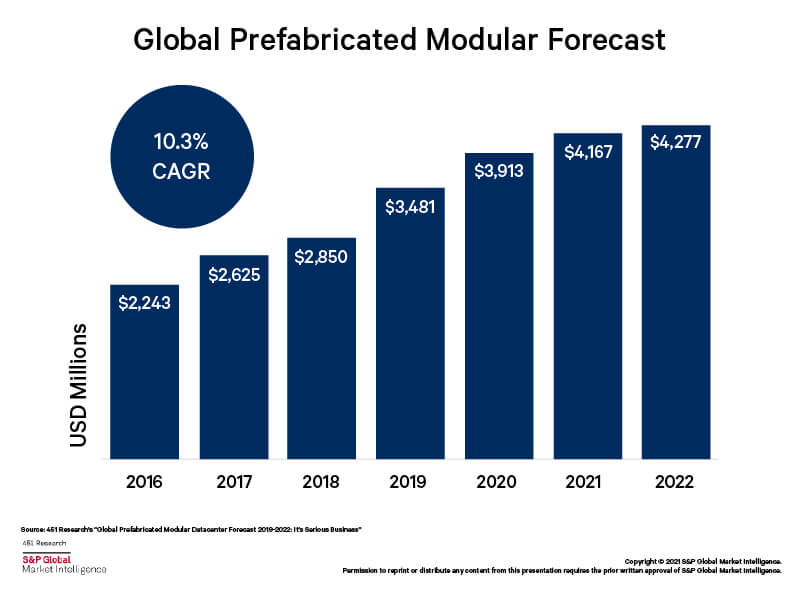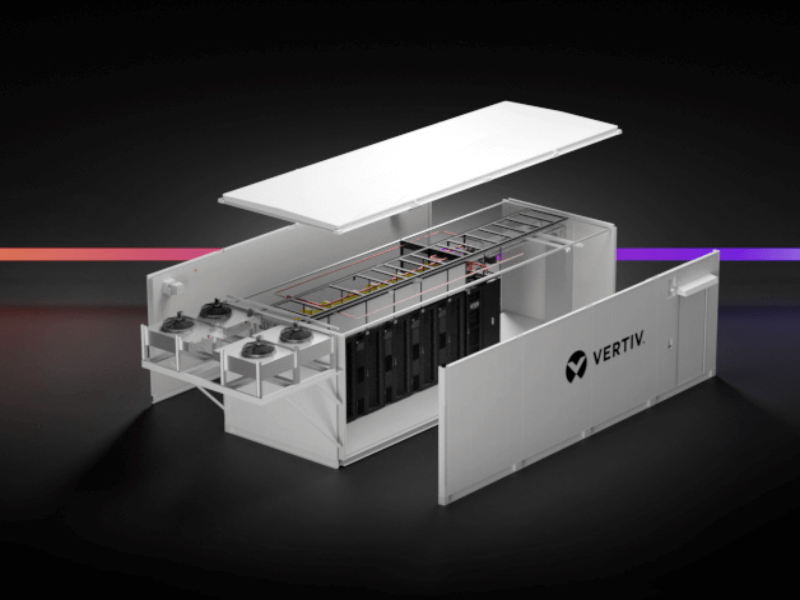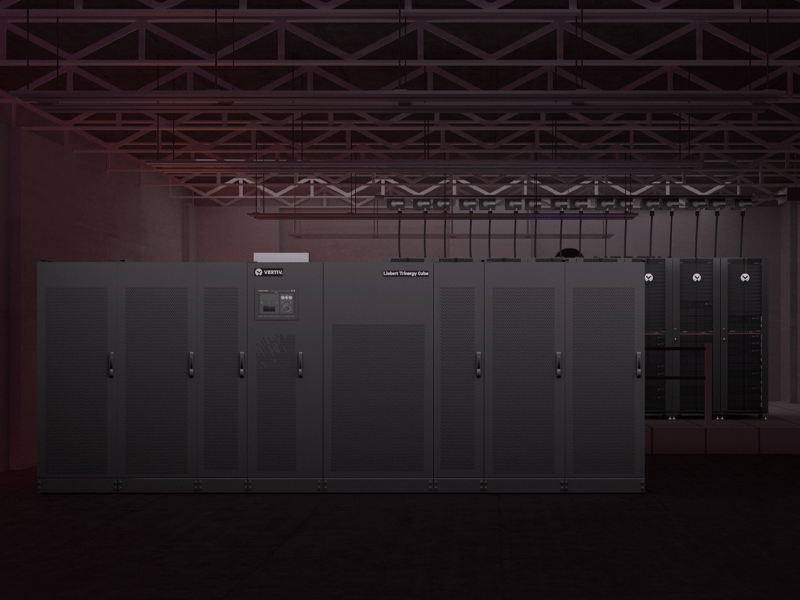Businesses and consumers have asked a lot of their data and digital infrastructure in the past year − and generally, they have delivered. Demand for computing power (whether work video calls, home schooling software, or streamed television drama series) has surged during the Covid-19 pandemic.
Companies have accelerated their plans for digital transformation by as much as three to four years, according to some experts. This trend is likely to continue for over at least the next five years as companies spend more on technologies, including cloud computing, 5G mobile networks, artificial intelligence, “Edge” computing and Internet-connected devices, or the “Internet of Things” (IoT).
Will the physical infrastructure be able to cope with growing demand for fast and reliable data and computing power? Data centres have been getting bigger in the past decade, but they can take a long time to build. Available land in the right location can be hard to come by.
An alternative, and increasingly popular type of digital infrastructure, is the prefabricated modular data centre – built and tested in a factory and sent to the customer’s site, rather than being built on the customer’s site. The modular construction method is even being used for city skyscrapers as well as data centres.
Modular data centres have many advantages. They can be built much faster than traditional ones (within a few months rather than years), are flexible (it’s easy to add building blocks of extra racks and computing power when needed), help companies scale their computing needs with confidence, and can improve efficiency and be more sustainable.
Growing Market
Demand for prefabricated modular data centres – which are typically smaller than traditional data centres − is increasing fast around the world. In 2019, the market for modular data centres grew by 65%, according to research published by Omdia, a technology research and consultancy company.
As modular data centres go mainstream, they are being used by businesses of all sizes. By 2022, the global prefabricated modular data centre market will be worth $4.2 billion, up from $2.6 billion in 2017, according to 451 Research, a technology research company.

Copyright © 2021 S&P Global Market Intelligence. Permission to reprint or distribute any content from this presentation requires the prior written approval of S&P Global Market Intelligence.
Vertiv, one of the leading suppliers in the modular data centre market, is expanding its capacity for prefabricated modular data centres and developing new technologies to help our customers grow. Vertiv has invested in a new facility in Croatia to support growing demand for modular data centres. The investment will more than double the production capacity of Vertiv’s prefabricated modular data centres in Europe, the Middle East and Africa (EMEA). At an event (Modular Data Center Innovation Forum), held at our new factory, we discussed the current modular data centre market, it’s future, and the booming data centre market in general.
“The [prefabricated modular data centre] market is growing rapidly,” said Giordano Albertazzi, Vertiv president, Europe, Middle East and Africa, who welcomed the virtual guests to the event. “Speed, ease of deployment and factory-controlled quality are all elements that are playing in favour of modular solutions, spanning from cable landing stations, Edge data centres to very large, bespoke data centres.”
In a presentation at the event, Rahiel Nasir, research analyst, specialising in data centre services and infrastructure at 451 Research, S&P Global Market Intelligence, said that much of the growth in the EMEA data centre market was due to “hyperscale” providers of cloud services building vast data centres to meet growing customer demand.
The Edge and Connected Devices
Growth now and in the future will also come from “Edge” computing (where data is processed closer to the end user or device at the “Edge” of the network in places like 5G cell towers and small prefabricated data centres, or via hardware such as gateway nodes) and an increase in the number of IoT devices.
A “massive” number of Edge locations will be needed to support the growing demand for cloud computing services and other technologies such as the IoT, said Rahiel.
By 2025, more than 100 billion “device Edges”, for example, in sensors, cameras and drones, will be needed, plus more than 100 million “enterprise Edge” locations (including in “micro” data centres), he added.
Oleg Sedelnik, General Director of the Belarusian state-owned infrastructure operator, beCloud, partnered with Vertiv to build a new data centre using prefabricated modular technology. “The main advantages of a modular system are the speed of construction, lower capital costs, the possibility of phased scaling of the data centre, and factory testing of the engineering infrastructure,” he said at the event.
In emerging markets, where interest rates are sometimes higher than mature markets, the speed and flexibility of modular data centres can help operators and companies avoid expensive delays in building data centre capacity.
“You don’t build your [five years’ worth of data centre requirements in emerging markets] in one go,” said Guy Willner, CEO of IXcellerate in Russia – Russia’s largest independent data centre operator, and chairman of IXAfrica − the largest hyperscale data centre operator in East Africa, in a presentation at the event. “You have to build in smaller increments, just in time, which is why some portion of a modular approach is really useful.”
The Benefits of Prefabricated Data Centres
Regardless of location, prefabricated modular data centres have similar benefits, including adding computing power fast. “We can have the exact same approach to electronical [data centre] rooms [using prefabricated modular designs] in Santiago, Amsterdam, Warsaw, Toronto and anywhere in the US,” said Edmund Wilson, COO and co-founder of EdgeConneX, which builds and runs data centres in the United States, Europe and South America. “Customers like that, we like that, operations like that. Speed and scale are the key differentiators [of prefabricated modular data centres],” Edmund said in a presentation at our event.
The event included a tour of the new Vertiv facility in Croatia, as well as its “power modules”, which include an electrical distribution board, Uninterruptible Power Supply (UPS), batteries and cooling. This kind of technology − often unseen by businesses and consumers – is vital for keeping our digital infrastructure running smoothly. “If the servers [of a data centre] are the brains of the data centre, the power modules are the heart, because they keep the servers running,” said Krešimir Krpan, EMEA sales director, global solutions at Vertiv, during the tour of our new factory.
As the world’s computing needs continue to grow, Vertiv is committed to providing the best possible physical infrastructure to support digital services. Prefabricated modular data centres will be an increasingly important part of this infrastructure.
Step inside and take the tour of our new modular facility by registering and watching on demand.




